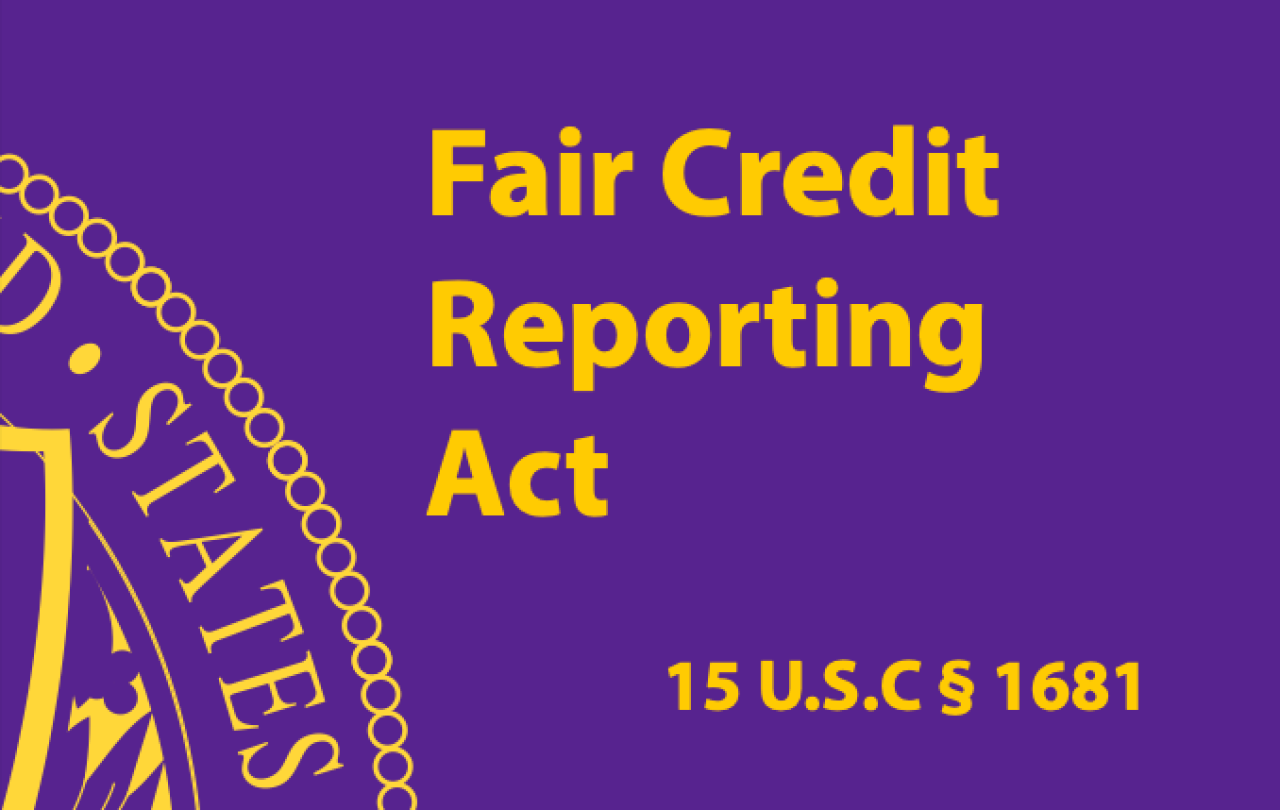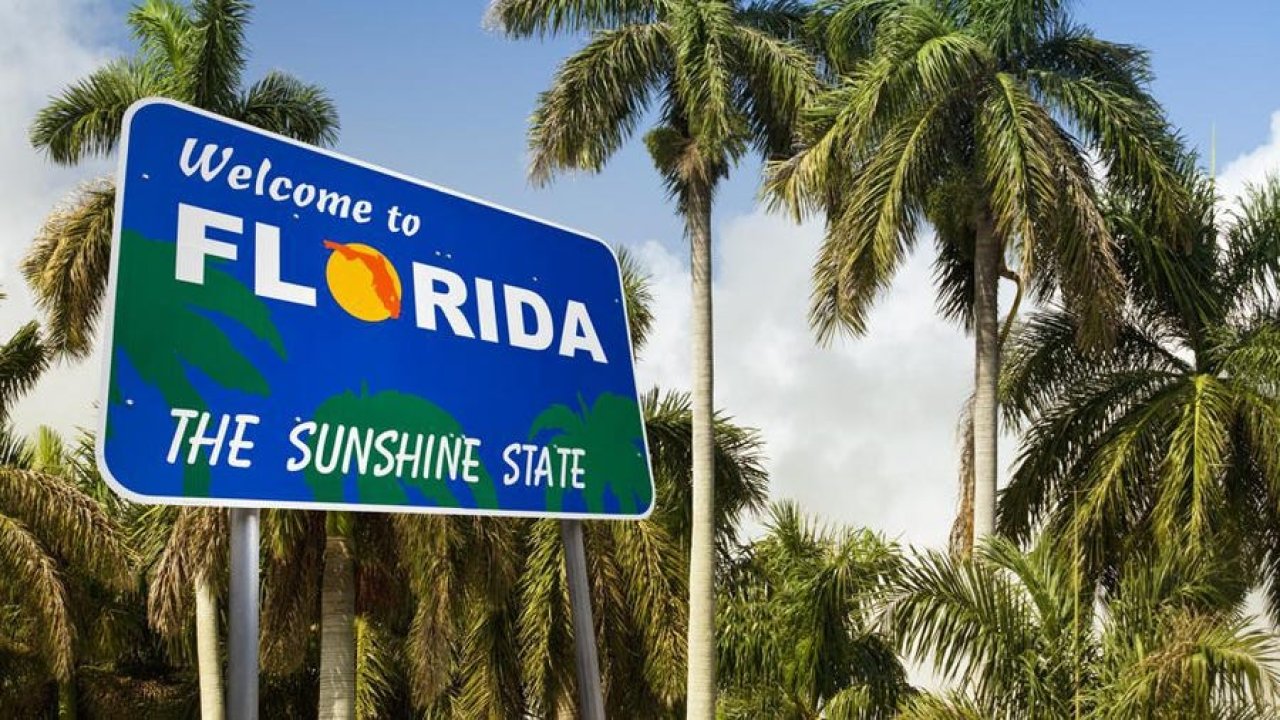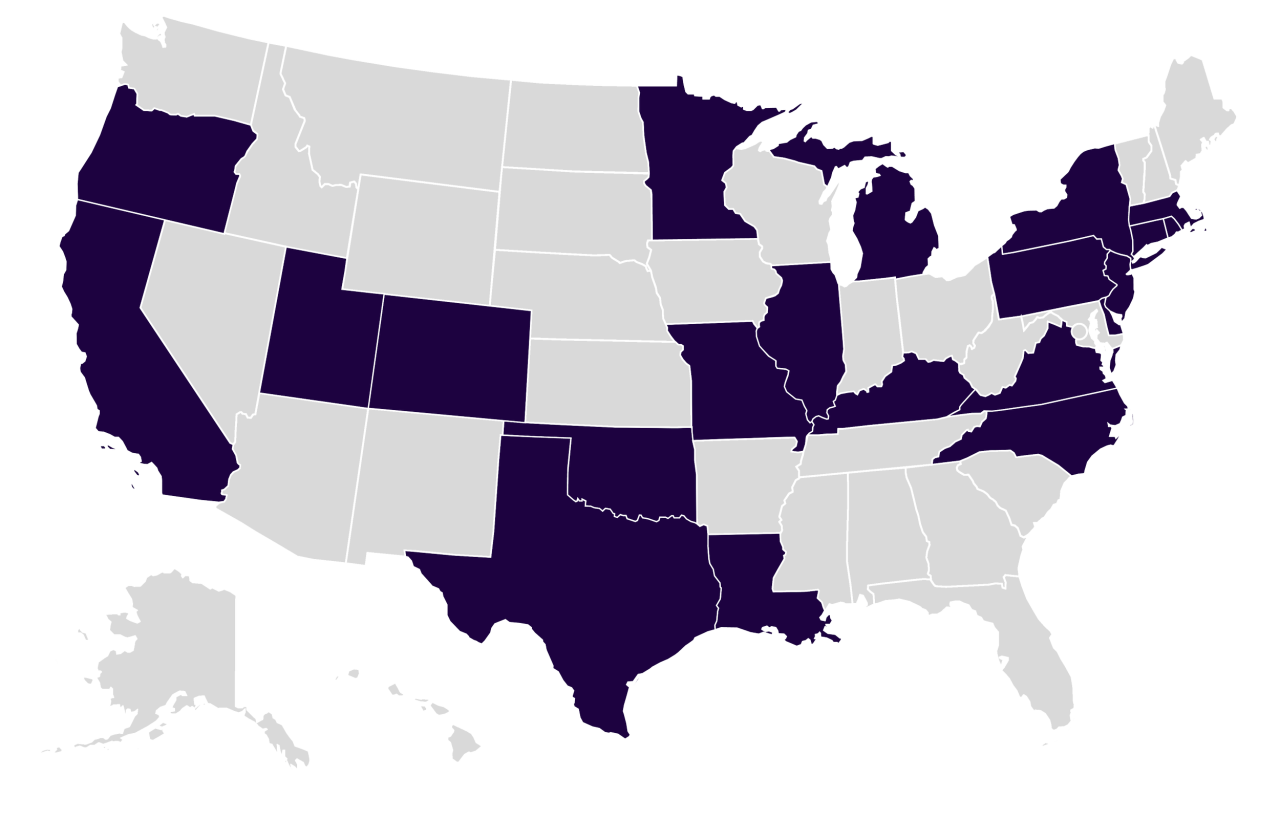Tags: Legal
About the Fair Credit Reporting Act or the “FCRA”

As an employer, you should be aware of the law called the Fair Credit Reporting Act or commonly referred to as the “FCRA”. The Fair Credit Reporting Act was enacted to promote the accuracy, fairness and privacy of consumer information contained in the files of consumer reporting agencies.
Colorado Limits Inquiries About Applicants’ Criminal History

Colorado has joined the ban-the-box legislative trend. Ban-the-box laws prohibit employers from asking applicants about criminal history on the employment application, thereby banning the once-common checkbox for applicants to disclose their ex-convict status.
Now What? Practical Tips for Navigating California Post-A.B. 5

On September 18, 2019, California Governor Gavin Newsom signed into law sweeping legislation—Assembly Bill 5 (A.B. 5)—that will dramatically reshape the contours of California’s workforce and economy, and potentially reclassify two million independent contractors—roughly 10% of the state’s workforce—as “employees” for purposes of state labor laws.
Columbia, South Carolina Limits Inquiries About Applicants’ Criminal and Salary Histories

Columbia, South Carolina passed an ordinance effective August 6, 2019,1 limiting employers’ use of criminal background checks and banning employers from inquiring about salary history on job applications. South Carolina’s capital city is the latest locality to pass such a measure, following several others that passed similar ordinances within the past year.2
New York City Expands Scope of its Ban-the-Box Law

On December 10, 2020, the New York City Council passed bill Int. 1314-A, which significantly expands the scope of New York City’s “ban-the-box” law, the New York City Fair Chance Act (FCA).
Montgomery County, MD Amends Ban-the-Box Legislation

On November 20, 2020, the Montgomery County, Maryland Council approved amendments to its 2014 “ban-the-box” legislation. The original legislation (Bill 36-14) prohibited employers with 15 or more full-time employees in Montgomery County from conducting a criminal background check of a job applicant, or otherwise inquiring about the criminal or arrest history of an applicant, prior to the completion of a first interview.
New Florida E-Verify Requirements are in Effect for 2021

Last summer the state of Florida enacted a new law requiring public and private employers to comply with new state E-Verify requirements starting January 1, 2021.1 E-Verify is the Internet-based system operated by the U.S. Department of Homeland Security and the Social Security Administration that allows participating employers to electronically verify and confirm the identity and employment eligibility of newly hired employees.
New York City Fair Chance Act as Key Amendments Take Effect

On July 15, 2021, the New York City Commission on Human Rights (the “NYCCHR” or “Commission”) issued its highly anticipated updated Legal Enforcement Guidance on the Fair Chance Act and Employment Discrimination. The 28-page Guidance clarifies and interprets key amendments to the New York City Fair Chance Act (FCA), which take effect on July 29, 2021.1 These amendments implement, among other things, (1) significant changes to the process by which an employer hiring or employing workers in New York City may take into account the criminal history of an applicant for employment; (2) a new requirement of an individualized assessment process for consideration of pending criminal arrests and charges, and for criminal convictions of current employees, and (3) a strict prohibition on the consideration of various types of “non-convictions” in employment decisions.
Compliance, Regulations, Laws - OH MY!

With new laws coming into effect every year, along with changes to existing ones, employers operating in the United States must equip themselves with the necessary information in order to remain compliant.
Marijuana - Go or No-Go in friendly states?

I live in a marijuana-friendly state. Do I have to allow employees to use and possess marijuana at work?
Michigan Clean Slate: A New Opportunity for Expungement

According to the Michigan State Police, there are about 6.5 million people in Michigan who have a criminal record
The Impact of Clean Slate Laws on Employment Screening: What Employers Need to Know

As the landscape of criminal justice reform continues to evolve, clean slate laws are leading the charge in reshaping hiring practices across the US. With over 70 million Americans carrying a criminal record, these laws are designed to make it easier for individuals to reintegrate into society by automatically sealing or expunging certain criminal records. For employers, this shift presents both opportunities and challenges when it comes to employment screening. As new laws come into effect in 2025, it’s crucial to understand how to navigate the changes and stay compliant.
Why We Require Social Security Numbers: A Case for Accuracy in Background Checks
At BackgroundChecks.com, we require Social Security numbers for all background checks. That requirement is not bureaucratic busywork — it is a critical step to ensure accurate, responsible results.
Keeping Volunteer Organizations Safe During the Holiday Season
Volunteers are the backbone of nonprofit organizations, contributing countless hours and invaluable expertise to advance important missions. However, welcoming volunteers into your organization also means taking responsibility for the safety of the people you serve. Implementing thorough volunteer background checks isn't just a best practice—it's an essential safeguard that protects your clients, staff, and the reputation you've worked hard to build.
BeenVerified Review: What “Been Verified” Really Means (and What It Doesn’t)
But what exactly is BeenVerified? How accurate is the information? Are there legal and privacy risks? Can a “been verified” report actually be used for employment or hiring?
TruthFinder Review: The Real Risks of Using People-Search Sites
But exactly is TruthFinder and what are the legal and privacy risks? TruthFinder is not regulated and can be risky to use for background checks.


Need Background Checks?
See packages and pricing and order instantly.
National, County, Statewide, Federal Criminal Searches
Motor Vehicle Records
Employment & Education Verifications
Bankruptcies, Liens, & Judgments
Drug Testing
How Long Does a Background Check Take?
Hospitality Hiring Guide: Background Checks for Hotels & Restaurants
How Long Does a Background Check Take?
TruthFinder Review: The Real Risks of Using People-Search Sites
BeenVerified Review: What “Been Verified” Really Means (and What It Doesn’t)


